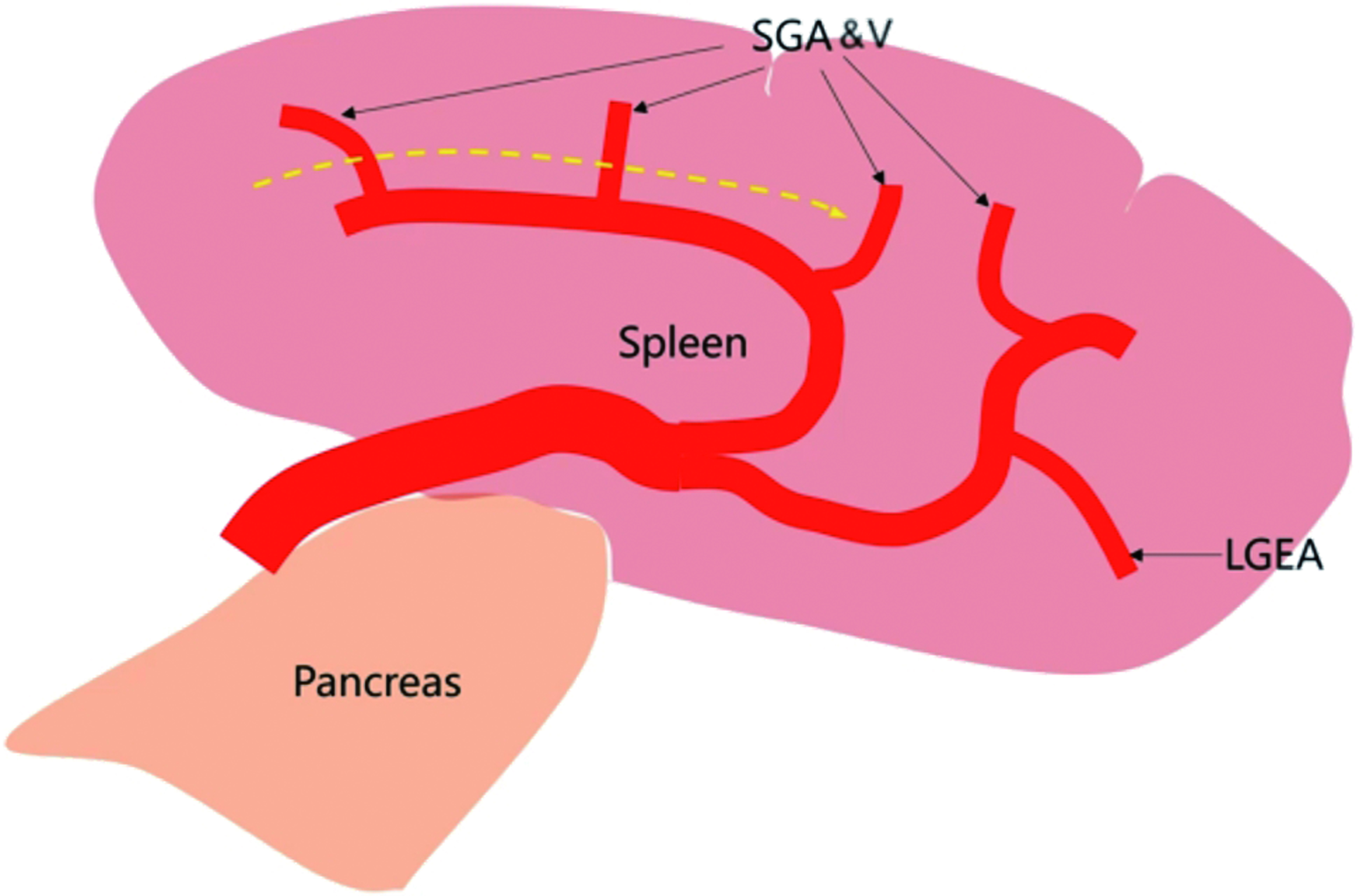Online available: 2025-07-27
The number of obese patients with gastric cancer is increasing day by day. Due to their unique physiological and anatomical characteristics, concurrent medical diseases, and the impact of neoadjuvant chemotherapy and immunotherapy, they face problems such as difficulties in perioperative management and high surgical complexity. When performing surgery on obese patients with gastric cancer, surgeons should conduct adequate preoperative imaging evaluation and surgical planning, deeply understand the inherent anatomical layers and the concept of membrane anatomy obscured by fat, and skillfully use various instruments and energy devices for delicate operations. Meanwhile, certain techniques should be adopted to reduce the operational difficulty for assistants, so as to achieve continuous, stable and effective exposure of the surgical field. During the operation, surgeons should be patient and meticulous, avoid rough traction and blind separation, and always pay attention to protecting important tissue structures and adjacent organs. Furthermore, more emphasis should be placed on perioperative management and comprehensive treatment, so as to achieve proper perioperative management and reduce the incidence of postoperative complications.
